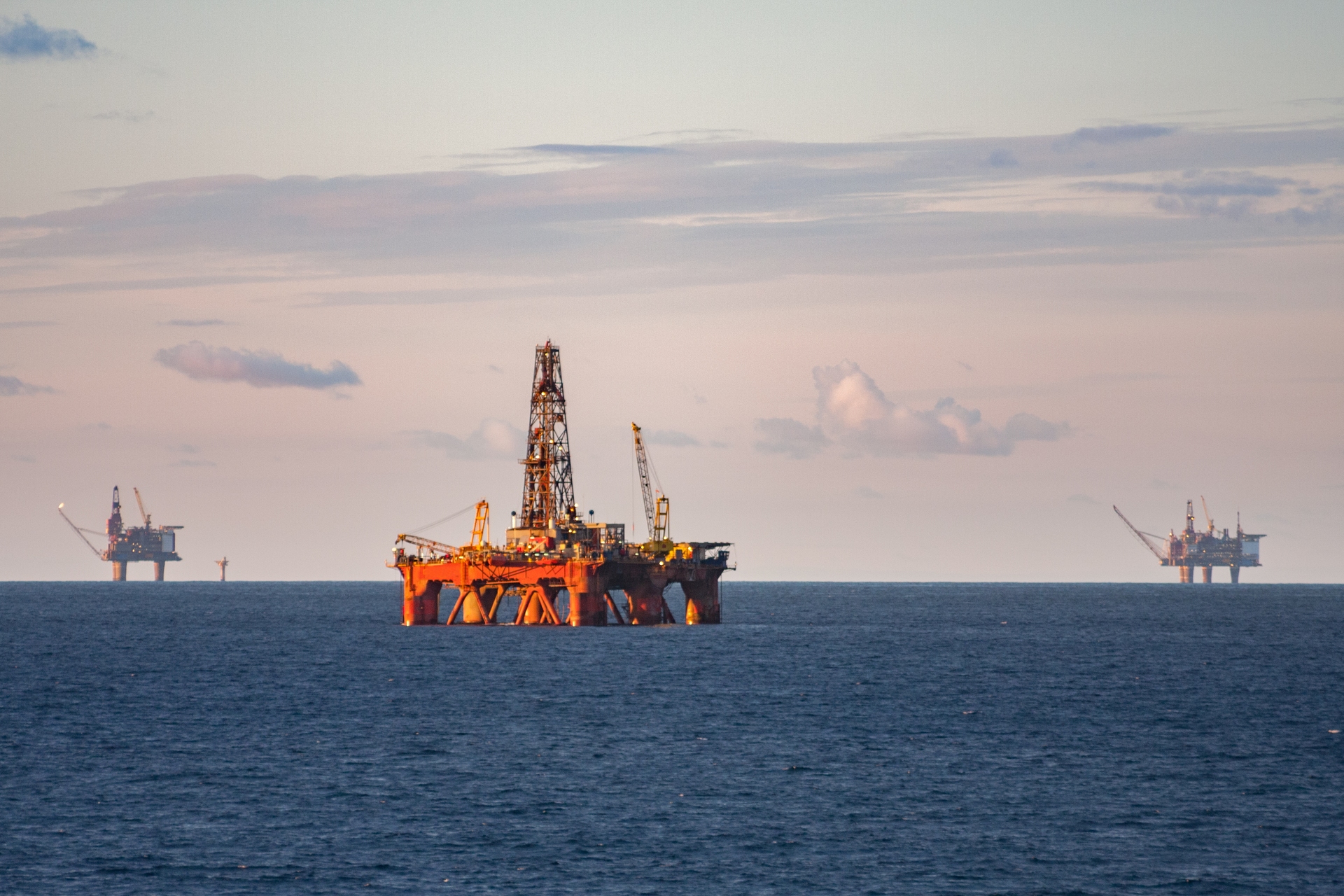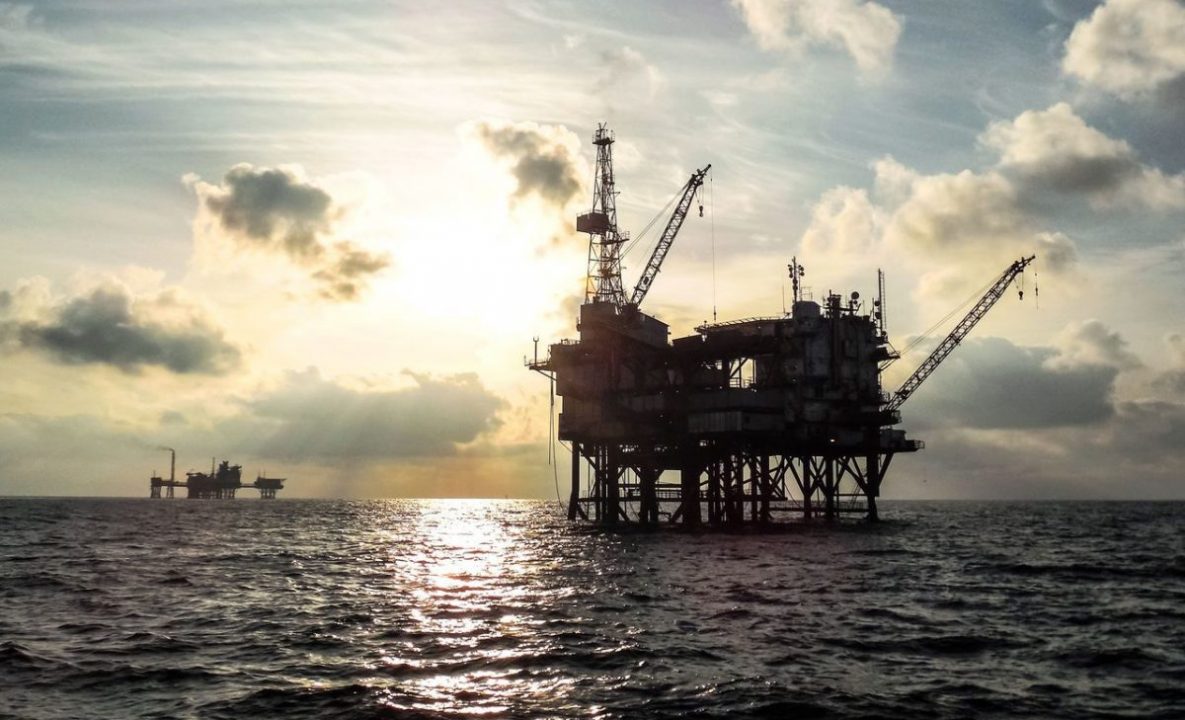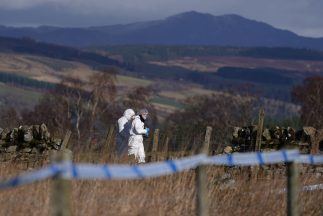The UK could have to import 70% of its oil and gas demand by the end of this decade if there is not “sustained investment” in the sector, industry leaders have warned.
It comes after a report said production from the North Sea fell to a “historic low” in 2024, leaving the UK needing imports of oil and gas to meet more than 40% of its energy needs.
That is despite Offshore Energies UK (OEUK) insisting there are still “significant oil and gas reserves” in the North Sea, with the industry body saying these could be realised if there was “continued support for the sector”.
As part of this, OEUK chief executive David Whitehouse argued that scrapping the current windfall tax on oil and gas, and replacing it with more “appropriate price mechanisms”, could help deliver more than two billion barrels of oil and gas – and add up to £150bn to the UK’s economy.
His comments came as OEUK’s 2025 economic report said a return to a “competitive and stable” tax and regulatory regime could see the UK continental shelf “delivering over half of the UK oil and gas demand between now and net zero in 2050”.
It warned as it stands “without sustained investment, the UK will be reliant on imports for 70% of its oil and gas demand by 2030”.
Mr Whitehouse, meanwhile, said the current energy profits levy is “stifling investment” in the North Sea.
The charge, also known as the windfall levy, was first introduced on oil and gas companies by the Tory government, but was increased by the Labour government in 2024.
It was brought in to tax “exceptional profits from oil and gas production”, but the OEUK report – launched during the Offshore Europe 2025 conference in Aberdeen – noted that “oil prices have fallen substantially and gas prices are no longer sitting at record highs”.
As such, it argued “the environment in which the energy profits levy (EPL) was introduced no longer exists”.
 iStock
iStockThe report also insisted the levy had “not delivered the expected tax revenue, with less than 40% of the forecast 2022 tax revenue now expected to be achieved in the period from 2023 to 2028”.
Under the current regime, research for OEUK has suggested the UKCS could produce up to 4.3 billion barrels of oil equivalent (BOE).
But with “significant changes”, this could be increased to 7.5 billion BOE, it suggested.
To help achieve this, OEUK says the country needs a “stable and globally competitive fiscal policy” with incentives for investment in oil and gas, and a “clear long-term commitment to ongoing licensing”.
It also wants to see a faster approvals process for new developments and what it describes as “pragmatic, proportional, and achievable net zero regulations”.
Mr Whitehouse stressed that “with the right fiscal and economic policies”, the North Sea could “power us into a new era of economic success”.
Adding that “policymakers have the power and the responsibility to make this happen”, he insisted there is “no time to lose”.
The industry chief stated there are currently “as many as 1,000 UK oil and gas jobs a month being lost – a trend set to continue until at least 2030 and we are seeing a growing new phenomenon of record-breaking energy imports”.
Mr Whitehouse said: “Urgent and pragmatic reform is needed to give UK-based firms, workers and their communities a fighting chance to build the nation’s industrial future and shield households from the volatility of relying on imports. Stable homegrown energy means more high value UK jobs and more predictable bills.
“With sensible policy reform we could produce half of the oil and gas we need right here at home as we scale up renewables.
“This is not just about industry, it’s about making sure families have affordable, reliable energy through the 2030s and beyond.”
He added that replacing the energy profits levy with “an appropriate price mechanism” could “help attract investment in more than two billion barrels of oil and gas across the UK continental shelf (UKCS) and add £150bn of value to the whole UK economy”.
 iStock
iStockBut Io Hadjicosta, climate and energy policy manager at WWF Scotland said: “With this summer confirmed as the hottest ever across the UK, calls for new investment in North Sea oil and gas are incomprehensible.”
The campaigner added: “The real opportunity for Scotland lies in accelerating the just transition to renewables and clean heating, which can secure affordable energy, reduce household bills, and create thousands of quality jobs across the country.”
Friends of the Earth’s head of policy, Mike Childs, said: “It is highly irresponsible to be calling for more fossil fuel extraction while climate extremes increasingly batter the world with floods, droughts and wildfires.
“Burning more gas and oil will worsen the crisis, drive huge economic costs, destroy lives and livelihoods, and threaten our children’s future.”
A UK Government spokesperson said: “North Sea oil and gas production will continue to play an important role for decades to come, which is why we are partnering with companies and workers to manage our existing fields for the entirety of their lifespan.
“We are already delivering a fair and orderly transition in the North Sea to drive growth and secure skilled jobs for future generations, with the biggest-ever investment in offshore wind and two first-of-a-kind carbon capture and storage clusters.
“We are committed to delivering the manifesto commitment to not issue new licences to explore new fields because they will not take a penny off bills, cannot make us energy secure, and will only accelerate the worsening climate crisis.”
Follow STV News on WhatsApp
Scan the QR code on your mobile device for all the latest news from around the country


 iStock
iStock

























